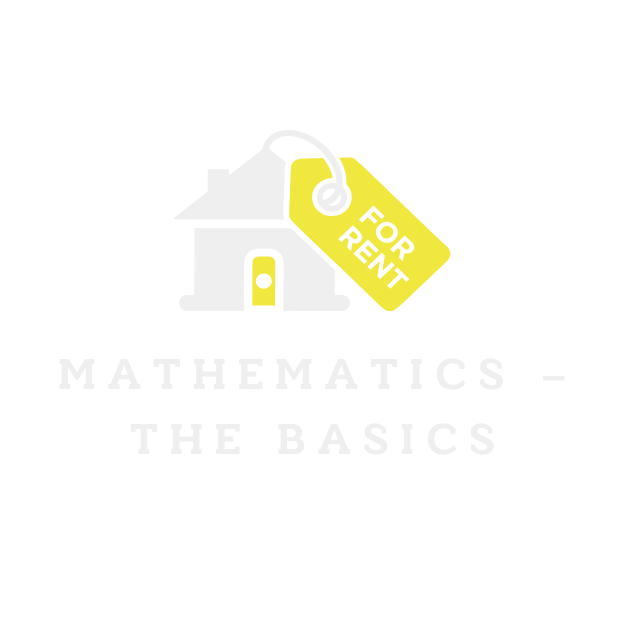Navigating the world of homeownership can feel like a rollercoaster ride, but mortgage interest deductions are one thrilling twist you won’t want to miss. Imagine slashing your tax bill just because you decided to invest in a cozy nest. It’s like finding a surprise $20 bill in your winter coat—unexpected and oh-so-satisfying!
Table of Contents
ToggleOverview of Mortgage Interest Deductions
Mortgage interest deductions provide homeowners the chance to lower their taxable income by deducting interest paid on qualifying mortgage loans. This deduction plays a significant role in making homeownership more affordable.
Definition of Mortgage Interest Deductions
Mortgage interest deductions refer to the ability to subtract interest costs accrued on a mortgage from taxable income. Taxpayers can generally claim deductions on interest paid on loans secured by their primary residence and, in some cases, a second home. For 2022, eligible homeowners may deduct interest on up to $750,000 of mortgage debt or $1 million for mortgages taken out before December 15, 2017. This deduction applies only to mortgages used to buy, build, or improve a taxpayer’s home.
Eligibility Criteria
Homeowners must meet several criteria to qualify for mortgage interest deductions. Properties must serve as primary or secondary residences, ensuring the mortgage is secured by the home. Taxpayers itemizing deductions on their tax returns can take advantage of this benefit. Mortgage interest must derive from qualified residence loans, which specifically include loans used for acquisition or improvements. Additionally, taxpayers must be legally liable for the loan and actually pay the interest to claim the deduction on their tax filings.
Types of Mortgages
Understanding various mortgage types helps homeowners choose the right financing option. Each mortgage type has unique characteristics that influence monthly payments and overall costs.
Fixed-Rate Mortgages
Fixed-rate mortgages offer stable monthly payments throughout the loan term. Interest rates remain constant, providing predictability for budgeting. Homeowners can select terms typically ranging from 15 to 30 years. These loans protect borrowers from fluctuating interest rates, making them ideal during periods of rising rates. Tax benefits remain significant; homeowners can deduct interest paid on the entire loan amount up to $750,000 or $1 million, depending on when the mortgage originated. Fixed-rate mortgages suit long-term homeowners seeking stability in their financial planning.
Adjustable-Rate Mortgages
Adjustable-rate mortgages feature interest rates that change over time, often starting lower than fixed-rate options. Initial fixed-rate periods usually last 5, 7, or 10 years, after which rates can fluctuate annually based on market conditions. Monthly payments may increase or decrease, affecting overall affordability. Borrowers should understand potential risks, especially if rates rise significantly. While these mortgages offer lower initial payments, total interest deductions could vary. Homeowners must remain aware of tax implications, especially as adjustments in payment affect deductibility over time.
Tax Benefits of Mortgage Interest Deductions
Homeowners enjoy significant tax advantages through mortgage interest deductions. This benefit can effectively reduce taxable income, leading to lower overall tax liability.
Impact on Tax Returns
Deductions for mortgage interest directly affect tax returns by decreasing the amount of income subject to taxation. Homeowners who itemize deductions typically find that this deduction is one of their largest. For instance, individuals with a mortgage of $300,000 at a 4% interest rate may deduct approximately $12,000 in interest in the first year. Such a deduction provides substantial savings for taxpayers, enhancing affordability in homeownership. Taxpayers must ensure they meet criteria and keep accurate records to maximize this benefit.
Comparison with Other Deductions
Mortgage interest deductions stand out compared to other tax deductions like medical expenses or state taxes. Unlike medical deductions, which require expenses to exceed a certain percentage of adjusted gross income, mortgage interest allows for a straightforward deduction, given the home qualifies. The standard deduction also impacts eligibility; it may be more advantageous for some to take it rather than itemizing. Understanding these differences clarifies the unique position of mortgage interest deductions in reducing taxable income, proving beneficial for many homeowners.
Limitations and Considerations
Understanding the limitations and considerations associated with mortgage interest deductions is crucial for homeowners. These factors can significantly impact the financial benefits received.
Income Limits
Income limits affect eligibility for mortgage interest deductions. High-income earners might experience reduced benefits because the deduction phases out at certain income thresholds. Taxpayers filing as single may need to consider how adjusted gross income exceeds $200,000. For married couples filing jointly, exceeding $400,000 can result in similar limitations. Homeowners should assess personal income levels, as these figures directly influence deduction amounts. Knowing these limits helps in planning finances and making informed decisions regarding homeownership and associated tax benefits.
Changes in Tax Laws
Changes in tax laws frequently alter mortgage interest deduction eligibility. The Tax Cuts and Jobs Act significantly modified the deduction rules in 2017. Homeowners with mortgages established after December 15, 2017, face an interest deduction cap of $750,000. Furthermore, deductions for home equity loans may be subject to different criteria post-2017, impacting how homeowners categorize these loans for tax purposes. Staying updated on tax law changes strengthens understanding of potential deductions and allows for better financial strategies. Keeping abreast of legislative updates directly affects overall tax liability and financial planning for homeowners.
Conclusion
Mortgage interest deductions offer homeowners a valuable opportunity to reduce their taxable income and enhance the affordability of homeownership. By understanding the eligibility criteria and types of mortgages available, they can make informed financial decisions that align with their goals.
It’s essential to stay updated on any changes in tax laws and limitations that may impact these deductions. With the right knowledge and planning, homeowners can take full advantage of these benefits, ultimately leading to significant savings and a more manageable financial future.



